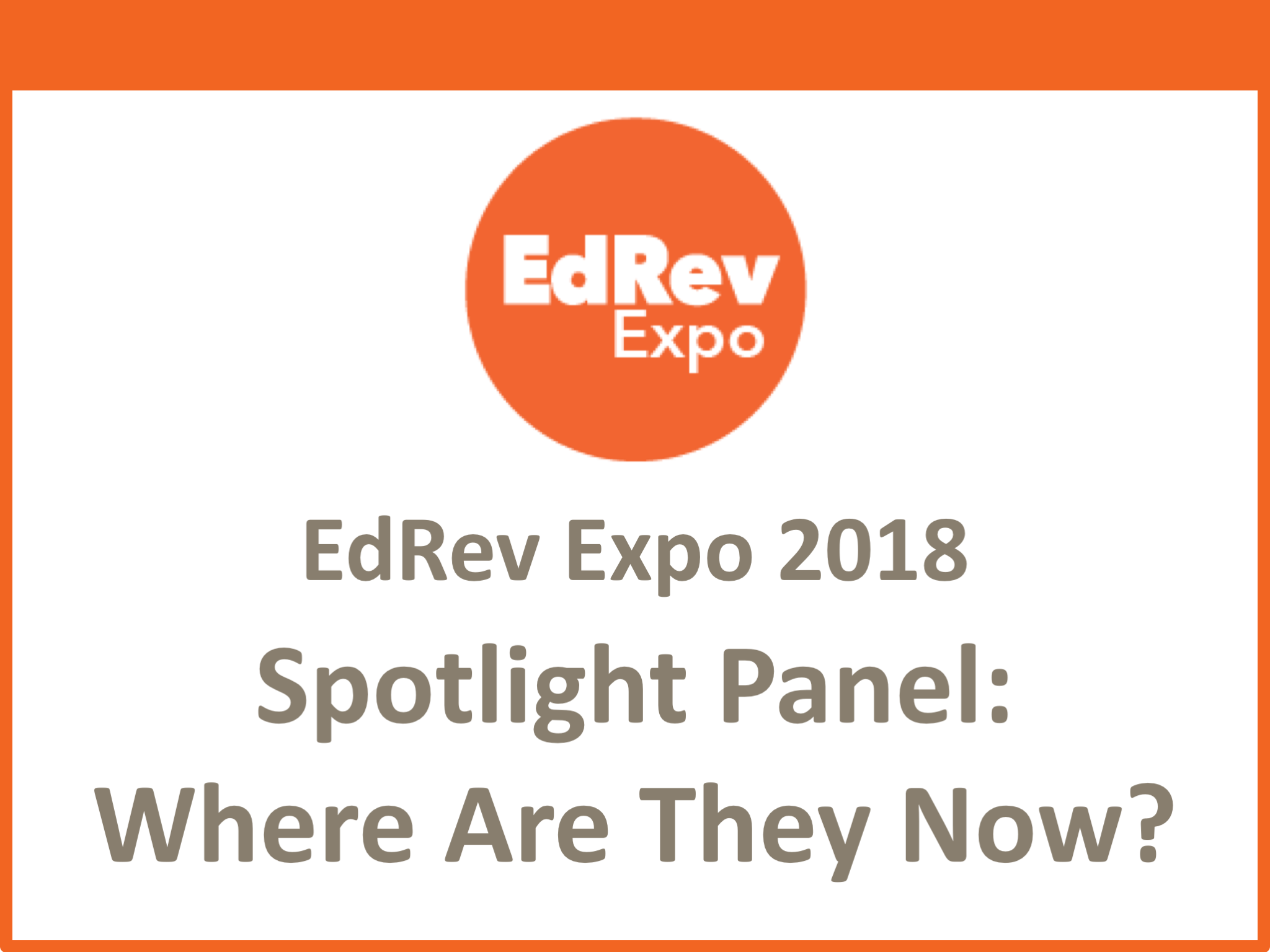The Things No One Ever Told Us: Successful Strategies for Parents of Children with Autism [video]
CHC’s Gina Baldi explores the signs and symptoms of autism and the benefits of neurodiversity; strategies for the autistic child’s success; how the family and siblings can best support the autistic child; and local resources, promising innovations, apps, programs (Early Support Program for Autism—ESPA), and assistive technologies for kids with autism. Read more ›


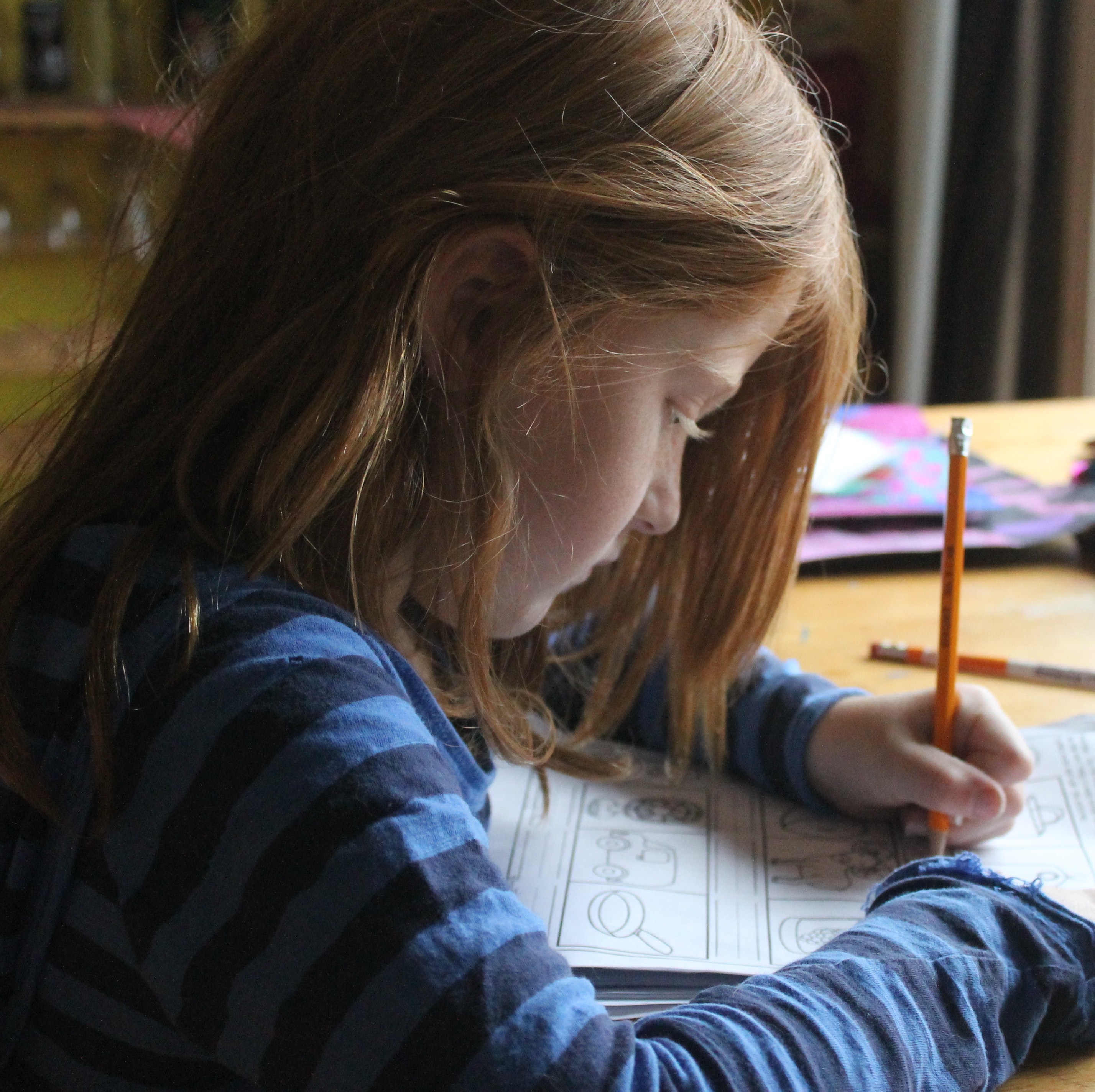
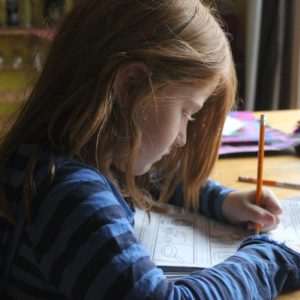 Dyslexia is a complex language problem. It involves not being able to break down a word into the sounds that make it up, as well as not being able to think or write about the sounds in a word. Research from the National Institutes of Health has shown that dyslexia affects 5–10 percent of the U.S. population, with estimates as high as 17 percent.
Dyslexia is a complex language problem. It involves not being able to break down a word into the sounds that make it up, as well as not being able to think or write about the sounds in a word. Research from the National Institutes of Health has shown that dyslexia affects 5–10 percent of the U.S. population, with estimates as high as 17 percent. 
 Dyslexia affects every instructional task a student will face in school. We are a language-based society with deeply rooted traditions that rely on reading and writing. One in five students has a language-based learning disability, the most common of those being dyslexia. Fortunately, there is a window of opportunity to tackle and remedy dyslexia at an early age.
Dyslexia affects every instructional task a student will face in school. We are a language-based society with deeply rooted traditions that rely on reading and writing. One in five students has a language-based learning disability, the most common of those being dyslexia. Fortunately, there is a window of opportunity to tackle and remedy dyslexia at an early age. 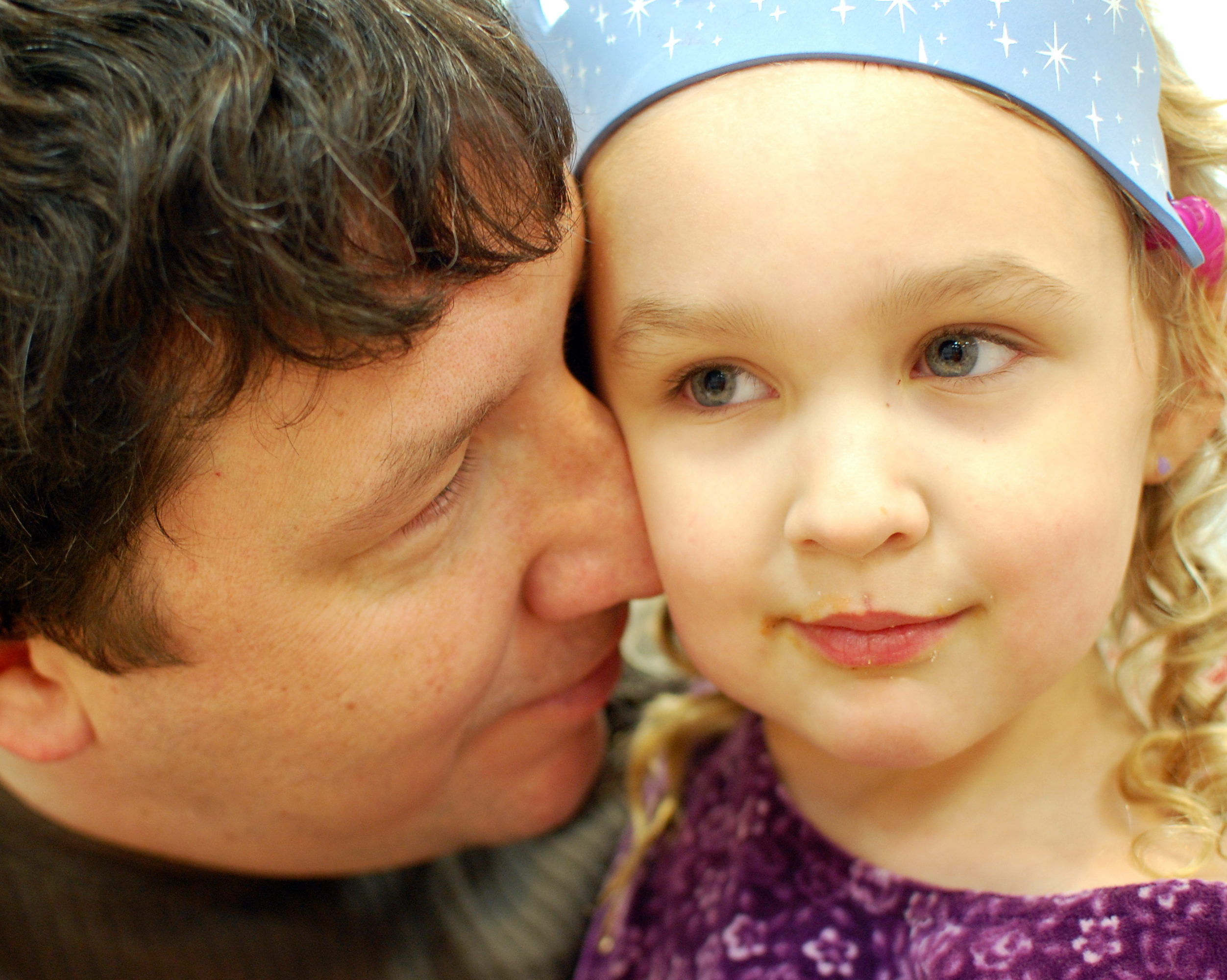
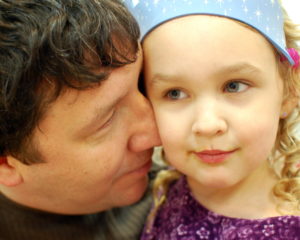
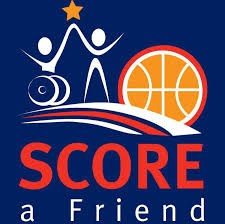
 Sarah Greichen came up with the idea for
Sarah Greichen came up with the idea for 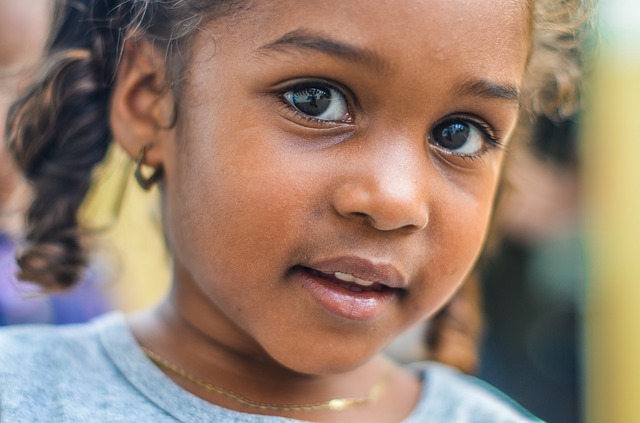
 How many words does a typical 18-month-old child speak? Does speaking more than one language to a child confuse her or delay language development? Test your knowledge about speech and language development in young children with this 10-question quiz developed by CHC’s speech and language pathology (SLP) team.
How many words does a typical 18-month-old child speak? Does speaking more than one language to a child confuse her or delay language development? Test your knowledge about speech and language development in young children with this 10-question quiz developed by CHC’s speech and language pathology (SLP) team. 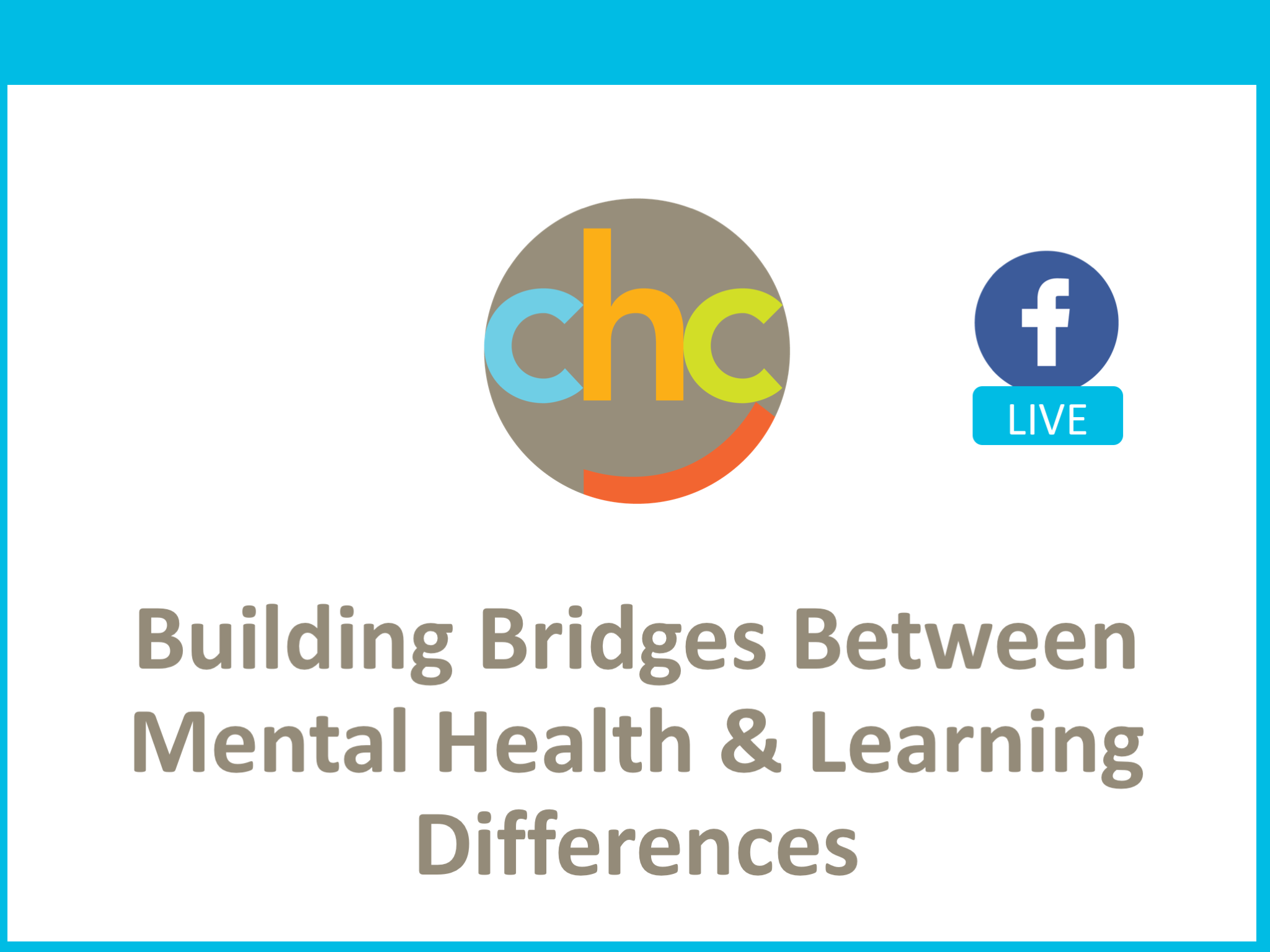

 Watch this Facebook Live discussion and Q&A session on learning differences and mental health, featuring three of CHC’s renowned clinical experts.
Watch this Facebook Live discussion and Q&A session on learning differences and mental health, featuring three of CHC’s renowned clinical experts. 